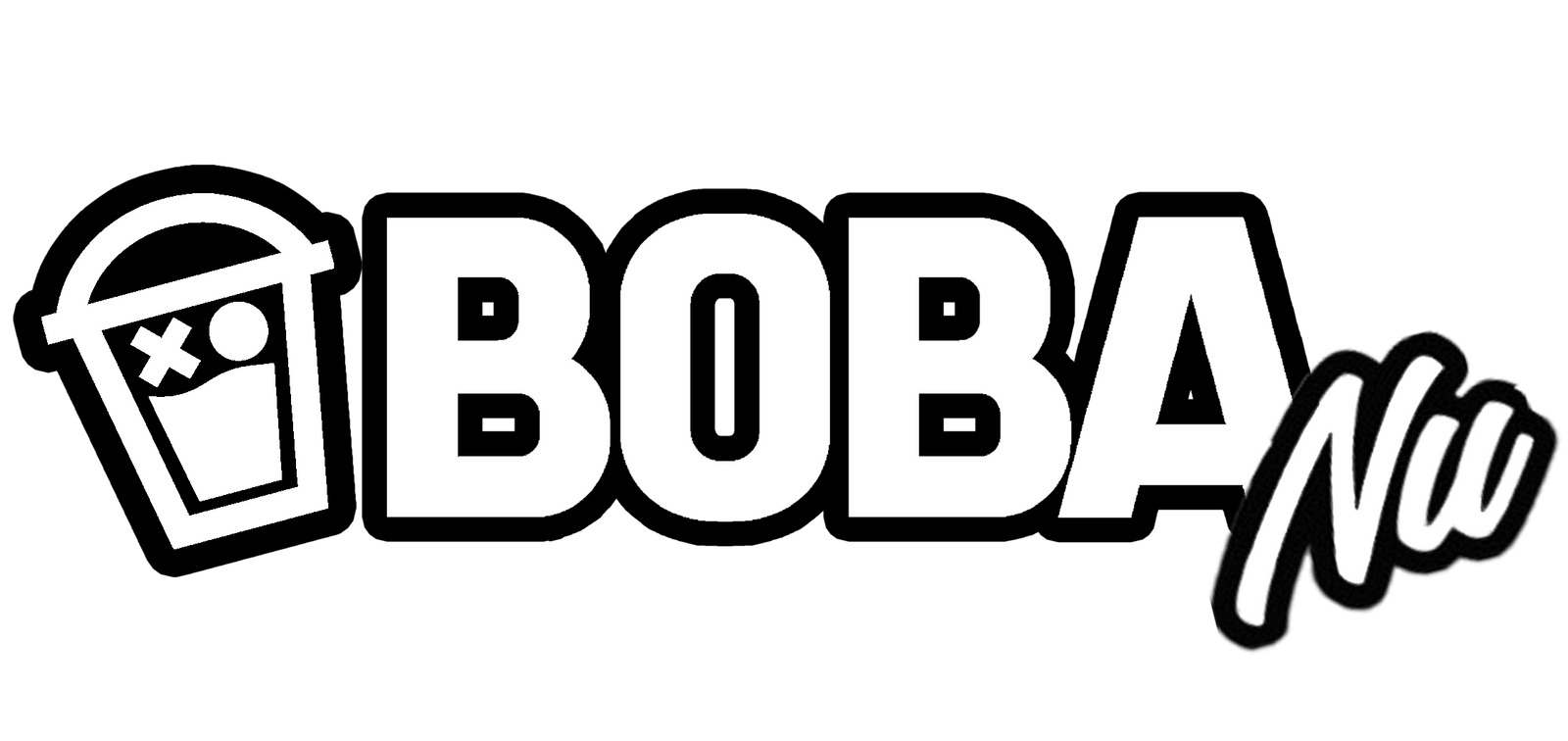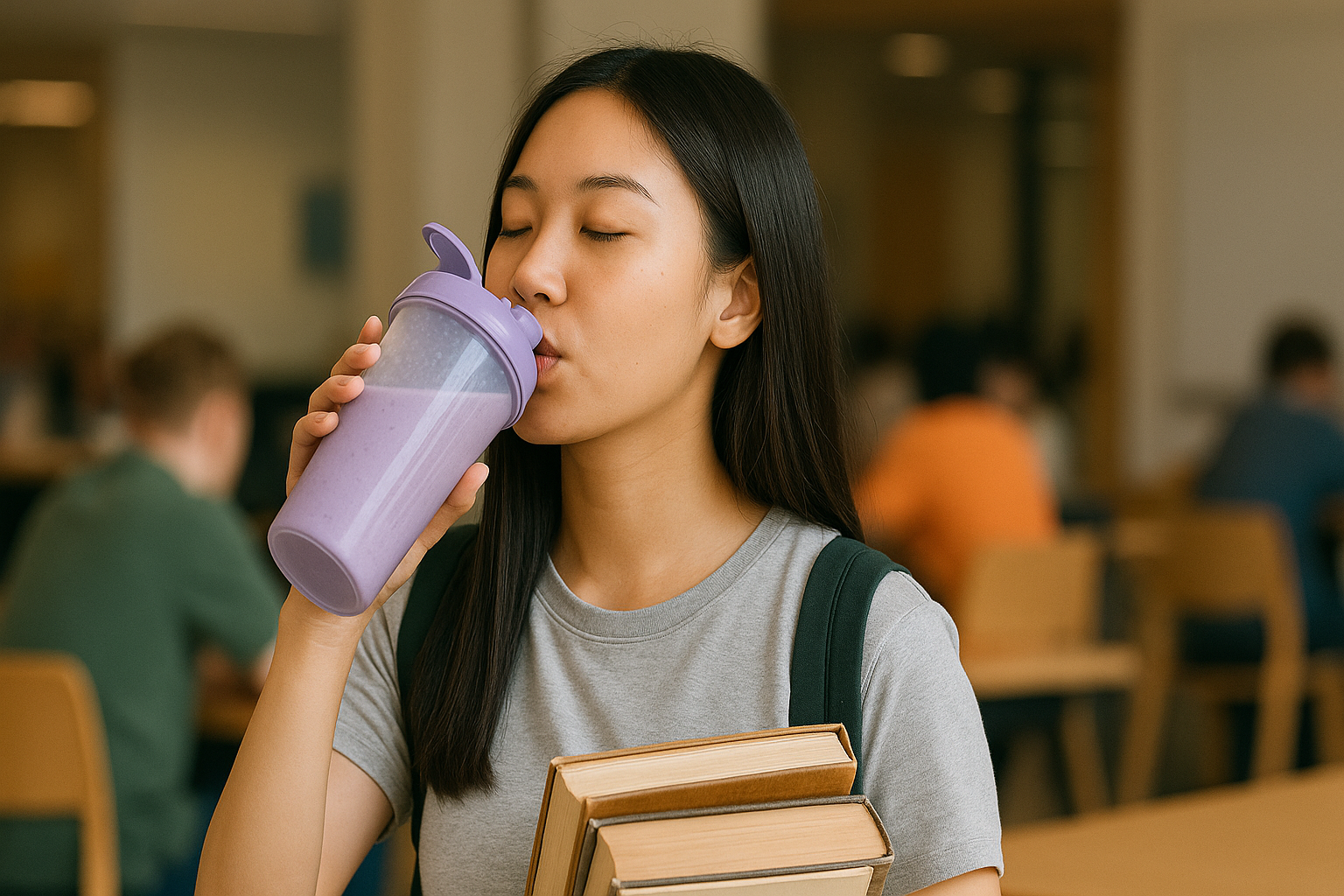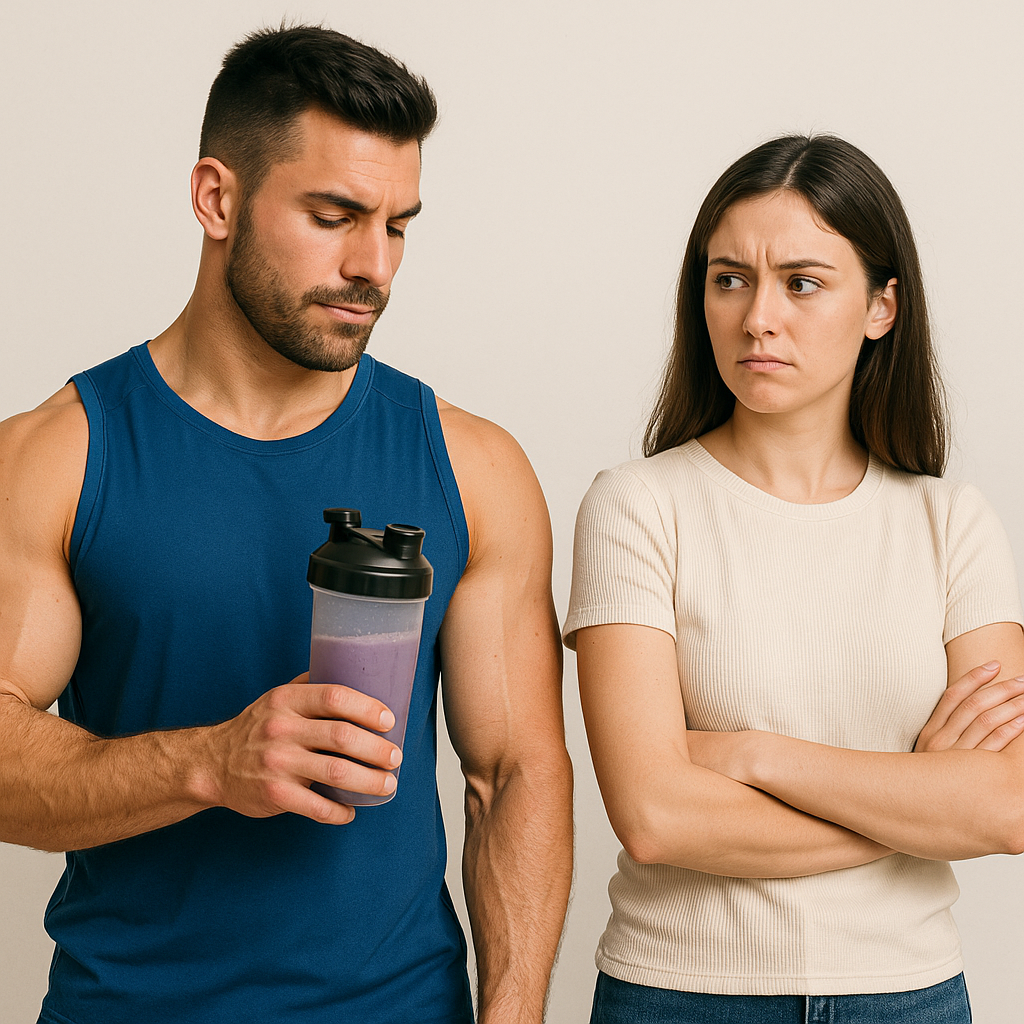What is Boba Tea?
Before we dive into the health risks associated with boba tea, let's first understand what it is. Boba tea is a Taiwanese drink that originated in the 1980s. The drink is a combination of black tea, milk, sugar, and chewy tapioca balls, which give it its unique texture. Boba tea is usually served cold, and its popularity has skyrocketed in recent years, with many variations and flavors available in stores and cafes worldwide.
High in Calories and Sugar
One of the main reasons why boba tea is bad for you is due to its high sugar and calorie content. Most boba teas contain added sugar, which can cause spikes in blood sugar levels and lead to weight gain. In fact, a standard cup of boba tea can contain up to 50 grams of sugar, which is equivalent to 12 teaspoons of sugar. This high sugar content can lead to several health problems, such as diabetes, heart disease, and obesity.
High in Carbohydrates
Another concern with boba tea is its high carbohydrate content. The chewy tapioca balls in boba tea are high in carbohydrates and provide little to no nutritional value. A standard cup of boba tea can contain up to 90 grams of carbohydrates, which is equivalent to almost four slices of bread. Consuming high amounts of carbohydrates can lead to weight gain, insulin resistance, and other health problems.
High in Additives and Preservatives
Most boba tea brands use additives and preservatives to enhance the drink's flavor and texture. However, these additives and preservatives can be harmful to health, leading to various health problems. For example, some boba tea brands use artificial sweeteners, which can cause headaches, digestive problems, and other health issues.
Dental Problems
Another health risk associated with boba tea is dental problems. The high sugar content in boba tea can lead to tooth decay and cavities. Additionally, the chewy tapioca balls in boba tea can get stuck in between teeth, leading to bacterial growth and other dental problems.
Allergic Reactions
Some people may be allergic to certain ingredients in boba tea, such as milk or tapioca balls. Consuming boba tea can trigger allergic reactions, such as hives, swelling, and difficulty breathing. It is essential to be aware of any allergies and ingredients in boba tea before consuming it.
Why you should use Boba Nutrition instead
It is because of all these reasons that we wanted to create a solution that would help fellow boba tea flavors. Boba Nutrition has 130 caloriesor less, 1 gram of net carbs, high in protein, and less the sugar of a regular boba tea. This started off as a problem when I saw a doctor and they told me I had to take more care of my health. With Boba Nutrition protein, we do our best to make the healthiest alternative possible. Check out our healthy boba tea options here




